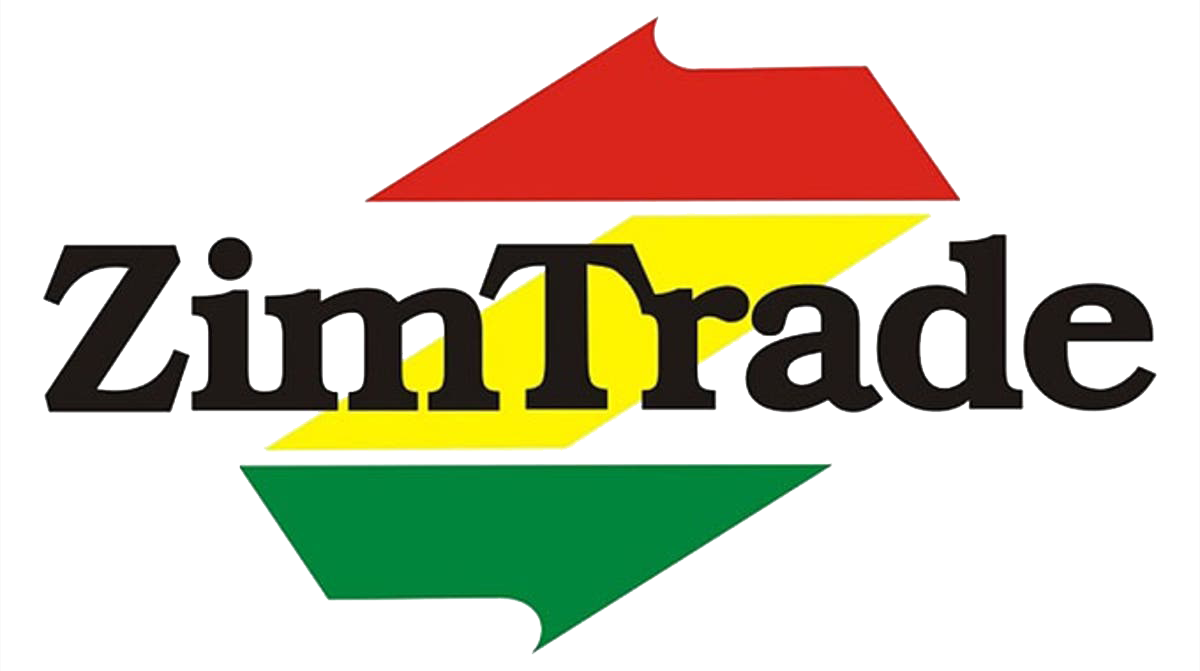A few decades ago, global trade was largely dominated by larger businesses and physical presence in other countries was a pre-requisite for companies that need to grow beyond borders.
For Small and Medium-sized Enterprises (SMEs), business would always mean being able to supply the local market and this was the easiest thing to do.
However, with technological developments and the increasing interconnectedness of the “global village”, SMEs are now breaking barriers, establishing a strong presence in more than one country.
For those smaller businesses that were reluctant to do so, the year 2020 has brought with it a lot of changes that have shaken businesses of all kinds, following disruptions in supply chains.
For SMEs without an export component, the effects of the pandemic will be more severe as most of them will not afford to cover the cost of doing business under the current environment.
SMEs that have been quick to adapt, have seen changes in the way they do business and are earmarked for rapid growth going forward.
Arguably, the disruptions in businesses have created opportunities for SMEs, with some taking control of markets that have previously been a preserve of large corporates.
Emerging technologies and contemporary business models have made it possible for the SMEs to compete with big companies.
Thus, for Zimbabwean SMEs to contribute meaningfully to the economy and earn the country the much needed foreign currency, there is urgent need for relevant authorities and Development Cooperation Partners to offer more support to local SMEs so that they grow beyond Zimbabwean borders and in the process, increase visibility of locally produced products and services in foreign markets.
Perhaps one question that might need to be answered is, why focus on SMEs when they are, of course small?
SMEs account for the majority of businesses worldwide and contribute immensely to job creation and global economic development.
According to the World Bank, SMEs represent about 90 percent of businesses and more than 50 percent of employment worldwide.
Formal SMEs contribute up to 40 percent of Gross Domestic Product (GDP) in emerging economies.
SMEs drive innovation and competition in the market, hence their role in economic development cannot be undermined.
According to the International Trade Centre (ITC), “Investing in SMEs is a long-term and smart strategy, with sustainable returns that multiply across societies, regions and countries.”
To put figures to the growth, ITC suggest that “SME exporters grow four percent faster than non-exporters, with the difference more pronounced when comparing importers with non-importers.”
Thus, coming up with initiatives and activities that will grow local-based small businesses into micro-multinationals, contributing to job creation and improved livelihoods.
The good news is that most developing countries are taking steps to ensure that SMEs take an active role in the development of the economy.
Certainly, emerging markets and Zimbabwe being no exception, are producing strong SMEs with potential to expand into regional international markets.
However, these companies are often faced with several challenges which makes it more difficult to navigate the terrain in foreign countries.
Often, people agree that SMEs are in a better position to take up opportunities as compared to large corporates.
This, they say, is because, being small, the SMEs can quickly respond to changes in the market and are willing to settle for lower terms than the large established companies.
SMEs are now designed to think global as this is where the big catch.
While this might be the case, it is fast becoming evident that they need a lot of support to establish themselves across borders.
The assumption in most cases is that the advent of the internet has made it easier for SMEs to reach out to a wider global market, yet most SMEs, particularly in Zimbabwe are failing to grow a strong online presence because of reasons which include lack of expertise and necessary technologies required to do so.
To address these challenges, local SMEs must not shy from capacity building interventions where they can unlock their potential.
Currently, ZimTrade – the national trade development and promotion organisation – is assisting local SMEs to develop a strong regional and international footprint.
The organisation continues to have a special focus on SMEs in all its programmes and has developed several activities specifically targeted at equipping the SME with the prerequisite knowledge to go into exports.
These training programmes focus on understanding concepts on trading across borders, including, effective trade fair participation, trade agreements registration, terms of payment.
Closer interactions and networking with existing exporters are also facilitated on separate platforms to enable SMEs to cultivate strong relations with potential buyers.
Additionally, SMEs are receiving a lot of technical support from expert organisations through ZimTrade’s partnerships with Netherlands-based PUM and SES of Germany.
These interventions cover areas such as international marketing, business management, factory floor layout, production processes and machinery procurement advise.
ZimTrade is also implementing the Best Model Farm Project in partnership with the Netherlands Embassy in Harare and PUM, which will see an increase in the contribution by small-scale farmers to national exports.
Under the project, three medium-sized farms from Mashonaland East and West and Midlands Provinces will be capacitated to on-board small-scale farmers as their outgrowers.
The project, which will be replicated in other provinces across the country, is designed to improve market access for small scale farmers and increase the visibility of their produces in international markets.
Further to this, ZimTrade is nurturing youth-led businesses so that they are export ready under the Eagles Nest Youth Export Incubator Programme.
Here, selected youth-led businesses will receive mentorship from prominent entrepreneurs from industry, which will improve the competitiveness of their enterprises as well as develop linkages to local and international markets.
In addition, ZimTrade has also put in motion activities to develop women-led business and rural-based businesses.
The objective of these activities is to capacitate at least 50 women-led business, include cross boarder traders, so that they are export ready within a year.
All these interventions enable local SMEs to have a strong grounding when penetrating the competitive international markets.
Taking a closer look at successful SMEs, their business thinking involves their utilization of available technologies to break barriers.
This has been evident in youth-led SMEs who have managed to take advantage of developments in virtual realities to connect with global markets.
This connection makes it easier for them to establish subsidiary in different companies, even without a physical office.
Rather than invest in a team that regularly travels to different markets to seek business, young business owners would rather do all that in the comfort of their home.
Hence, internationalization of local SMEs requires setting up facilities and structures that accommodate this kind of growth.
Ensuring that mobile data is cheap and affordable is one other way that partners can support growing SMEs.
Further to this, use of online market stores and payment options requires Governments and interested parties to work together in attracting necessary investments in the area.
By becoming easily accessible from across the world and with necessary tools to facilitate online transactions, it will be easier for local SMEs to grow into multinationals.
For example, in Canada, networking exchanges between their SMEs and those in countries like India have had a positive impact on the operations of SMEs as they get ample information on how SMEs elsewhere are operating as well as opportunities for investment.
Further to this, there is need for SMEs member-organisations to create strong linkages between their members and learning institutions.
SMEs must leverage on resources and expertise that local learning institutions are endowed with, such as innovative young minds with practical research skills.
Through acquired knowledge, learning institutions play a crucial role in improving operations of SMEs, provide research and innovative ideas that will make these small businesses competitive on the export market.
This increased interaction between learning institutions and SMEs will help inculcate an export culture and contribute to nation’s export growth.
Publish Date: Sunday 17 May 2020



